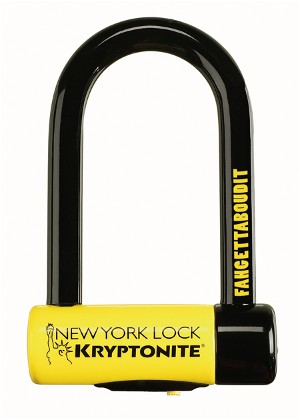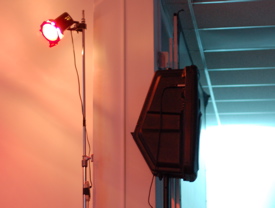
A couple of short composer interviews I conducted have surfaced on the internet in recent weeks (Doug Cuomo / ACO composers). In all cases, the point of these pieces was to provide a little amuse bouche for potential attendees. If I did my job, they serve as the warm oven of the concert hall. Want a taste of this? Well, walk this way.
Grabbing a quick drink after the BAM production of Cuomo’s Arjuna’s Dilemma, my concert companion said she really enjoyed the show, but pointed out that she wouldn’t have had any idea what was going on if she hadn’t read the composer interview before she arrived at the theater. It made me wonder how many other audience members had come in cold Friday night after a long work week and had to just hold on as tightly as they could to what was unfolding (partially in Sanskrit) before their eyes. Is it an unspoken rule that he who buys a ticket to any performance is responsible for his own research? He who arrives too late to the theater for program note reading is lost? Or are we failing patrons when we don’t provide some level of context within the parameters of the production. All I could think of later was what a difference, “In fair Kurukshetra, where we lay our scene…” might have made in this case. Or maybe not, but you see my point.
Later, I also had the chance to listen as my friend explained what we had seen that evening to another patron in the bar. It was striking only because her description was absent of any of the lingo I would have probably fallen into using. It made it a little less precise to an insider’s ear, perhaps–a “cool little show” rather than a “chamber opera in one act”–but more present. And it served as a reminder of how vital it is to talk about this kind of work with people outside its often insular world if we want to maintain a language that we all comprehend.
*Photo by Stephanie Berger@2008, pictured Tony Boutté as Arjuna.









